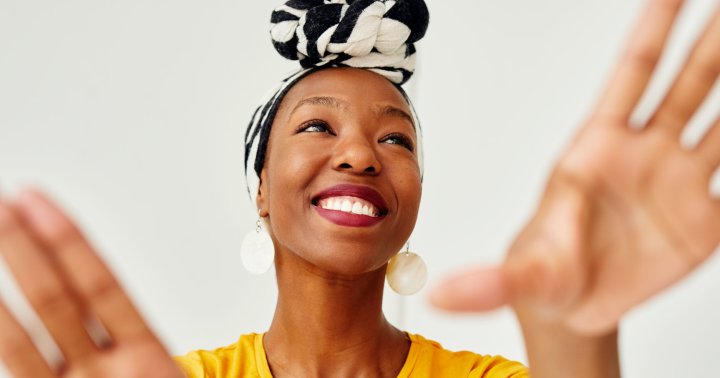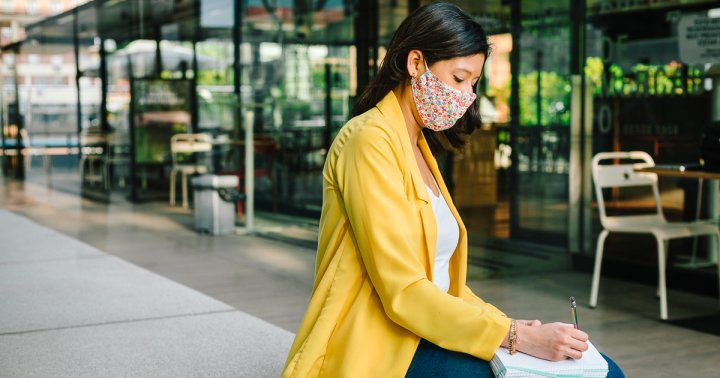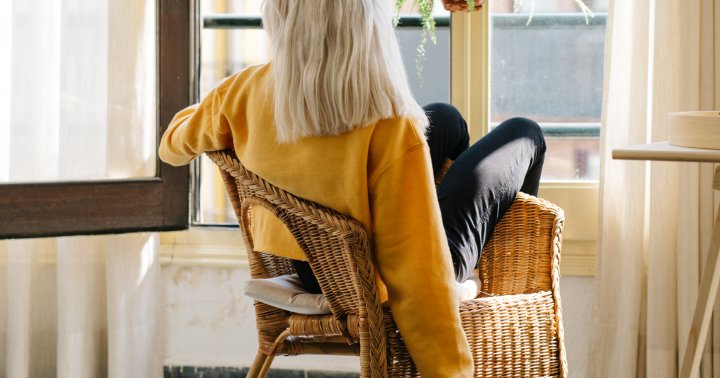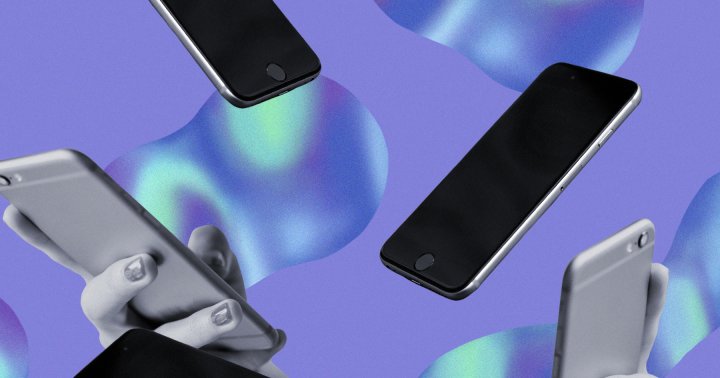Because the nation struggles to search out its footing on this “new regular,” an uncommon phrase has made its method into the conversations about well being disparities: racism-related vigilance. What does it imply? Merely said, racism-related vigilance is the adversarial stress response that comes from residing with the fixed expectation of experiencing racial discrimination in your day by day life.
It’s waking up each morning with the information that as quickly as you permit the sanctuary of your property, your life turns into predictably unpredictable. You anticipate being judged by the colour of your pores and skin—seen as much less clever, much less succesful, extra felony, and, sure, much less human.
You aren’t certain if this bias shall be overt, delicate, and even life-threatening as current occasions have highlighted. The apprehension of not figuring out when, the place, and the way retains the stress response on continuous excessive alert all day. Some research have even proven that this stress can bleed into your non-waking hours, disrupting sleep.
How racism-related vigilance impacts well being.
Persistently elevated stress ranges have been linked to quite a few circumstances, together with coronary heart illness, hypertension, and even diabetes. The query is: Is racism-related vigilance a big contributor to elevated stress ranges, and in that case, is it a separate threat issue? Latest analysis suggests what the Black, Indigenous, and Individuals of Colour (BIPOC) group might have already instructed us. The reply seems to be a powerful sure.
A evaluation revealed in 2009 checked out a complete of 134 research with regards to perceived discrimination and well being. They concluded that heightened vigilance had a “considerably detrimental influence on bodily and psychological well being.”
We all know that power, uncontrolled, unpredictable stress negatively impacts well being. Now we have quite a few research pointing to the truth that the anticipation of stress may be simply as detrimental to our well-being because the stressor itself.
In each circumstances our our bodies are swimming in a sea of stress hormones that may improve our threat for hypertension and coronary heart illness. Generally, the anticipation may be extra deleterious as a result of the fixed ruminating in regards to the previous and worrying in regards to the future has the potential to be with us always, even after we sleep. This may ultimately begin eroding our bodily and psychological well being and will even result in long-term nervousness and despair—each of which have additionally been linked to poor illness outcomes.
One other contributing issue could also be that some people who expertise continuous excessive stress ranges could undertake coping behaviors and habits which have a detrimental influence on their well being. This tends to be very true if these people really feel as if their considerations are invalidated or, if they’re missing assist system.
People which might be experiencing signs of hysteria and despair could also be notably vulnerable. In some communities, there may be an innate mistrust of the well being care system. Some could not search assist attributable to considerations about being belittled or dismissed. There may be additionally the cultural stigma that’s typically connected to psychological well being points. Compound this with all the opposite threat components, and it’s a recipe for difficult-to-treat power circumstances.
The way it impacts sleep.
A big survey examine revealed in 2013 aptly titled “Each shut-eye ain’t sleep” discovered that prime racial vigilance was linked to important sleep interruption and poor sleep high quality. When researchers accounted for racism-related vigilance as a contributing issue, they discovered that sleep patterns of Blacks weren’t considerably totally different from their white counterparts. In different phrases, this hyperawareness was discovered to be an unbiased threat issue for poor-quality sleep.
In 2008, a broadcast examine checked out racism’s influence on blood strain taken whereas the affected person was at dwelling of their on a regular basis lives. At night time our blood strain usually drops about 10% to fifteen% as we unwind and recuperate from the day. Earlier analysis discovered that people who didn’t expertise this decline had been at elevated threat for coronary heart illness and even kidney issues.
This examine discovered a big hyperlink between perceived racism and elevated nocturnal blood strain. That will imply that these people are at a better threat for coronary heart illness and kidney issues. These are a few of the research which might be beginning to tease out racism-related vigilance as an unbiased threat issue that impacts the BIPOC group.
Lack of sleep has been documented in a number of research to contribute to circumstances equivalent to elevated blood strain, elevated irritation, elevated threat of weight problems, and even diabetes.
What can we do about it?
You declare racism a well being subject and take steps to handle it in your group. Sure hospitals, like Wexner Medical Middle on the Ohio State College, imagine they’ve sufficient proof to begin implementing modifications to handle this subject. They’ve begun to implement implicit bias coaching and have reached out to the group to ask, how can we assist? You can’t deal with what you don’t acknowledge.
Cedars-Sinai confirmed that taking well being care into the group and eliciting the assistance of the group generally is a very profitable technique. A 2018 examine adopted and handled 319 Black males with hypertension in barbershops of their group. In a single group, the barber inspired the lads to satisfy with the on-site pharmacist who prescribed medicine. Within the different group, the barber inspired males to observe up with their physicians and in addition supplied way of life modifications to enhance blood strain.
A whopping 63.6% of the lads who noticed pharmacists within the barbershop had their blood strain normalized. Of the lads who had been endorsed, near 12% introduced their blood strain into the traditional vary. That is the ability of the group and the system working collectively.
What in regards to the people who navigate these stresses every day? I encourage searching for social assist from mates, household, and teams. Analysis reveals individuals who develop higher coping methods are likely to really feel higher about themselves and, subsequently, develop into higher outfitted at figuring out the place they’ll make optimistic modifications within the system.
In different phrases, they really feel extra empowered. Discovering areas the place we are able to exert extra management helps to buffer the stress response.
Racism-related vigilance seems to be a singular threat issue within the battle in opposition to well being disparities. If it isn’t acknowledged, we could also be lacking the chance to scale back the burden of well being care and to raise the lives of everybody.
Need your ardour for wellness to vary the world? Change into A Purposeful Diet Coach! Enroll as we speak to affix our upcoming stay workplace hours.



















